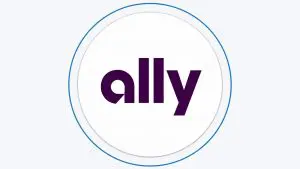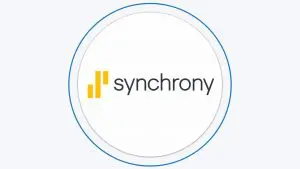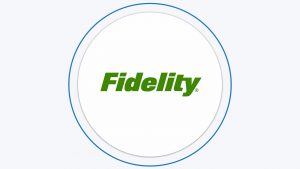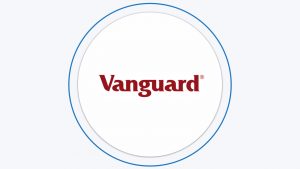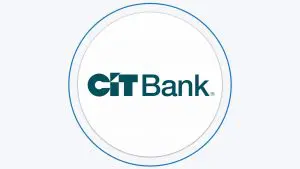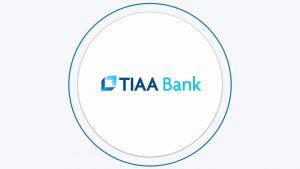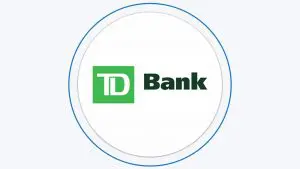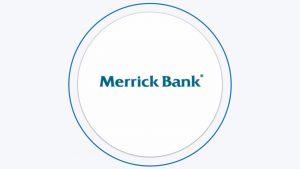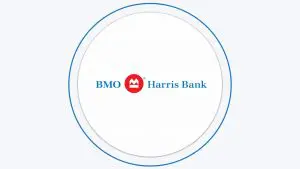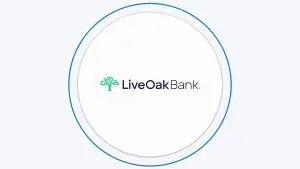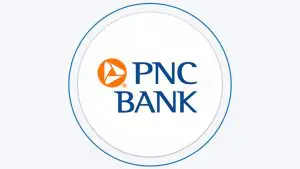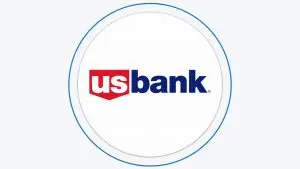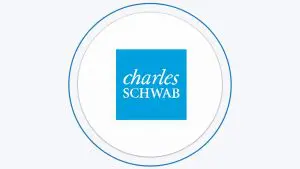Table Of Content
Brokered CDs offer a way to invest in CDs through a brokerage firm, rather than purchasing them directly from a bank or credit union.
With potentially higher interest rates, greater flexibility in terms of duration and issuer, and the assurance of FDIC insurance, brokered CDs can be an attractive addition to a diversified investment portfolio.
In this guide, we'll cover everything you need to know about brokered CDs, from the basics of how they work to the benefits and risks of investing in them.
What Is A Brokered CD?
A brokered CD is a type of certificate of deposit (CD) that is purchased through a brokerage firm or financial advisor, rather than directly from a bank or credit union.
Brokered CDs typically offer higher interest rates than traditional CDs because they are sold in large quantities by the brokerage firm to multiple banks, which allows the banks to access a larger pool of funds at a lower cost. This can result in higher returns for the investor.
Brokered CD Examples
Below are a few examples of Brokered CDs, including the deposits (usually high), APY, term, and the amount of interest earned.
Deposit | CD Term | APY | Interest Earned |
|---|---|---|---|
$100,000 | 6 Months | 4% | $1,992
|
$100,000 | 6 Months | 5% | $2,496
|
$100,000 | 12 Months | 4% | $4,024
|
$100,000 | 12 Months | 5% | $5,055
|
Are Brokered CD Rates Higher Than Traditional CDs?
Generally, brokered CD rates can be higher than traditional CD rates. There are a few reasons why brokered CD rates may be higher than traditional CD rates.
First, brokered CDs allow investors to access a wider range of CD offerings from different banks and credit unions across the country, which can increase the competition for investors' money and potentially drive up rates.
Additionally, brokered CDs may be offered in larger denominations than traditional CDs, which can make them more attractive to institutional investors and lead to higher rates.
However, it's important to keep in mind that brokered CDs may also come with higher fees, so it's good to calculate the expected yield including fees before opening a brokered CD.
Top Offers From Our Partners
Should I Get a Brokered CD?
Whether or not you should get a brokered CD depends on your individual financial goals and investment strategy.
Brokered CDs can be a good choice for investors who want to diversify their portfolio and earn a potentially higher interest rate than what may be available at their local bank or credit union. But, it has some limitations investors should understand and take into account.
Pros | Cons |
|---|---|
Higher Interest Rates | Fees |
Diversification | May Not Have FDIC Insurance |
Accessibility | |
Flexible Terms |
- Higher Interest Rates
Brokered CDs may offer higher interest rates than traditional CDs, as they are typically sold in larger quantities to multiple banks, allowing them to offer more competitive rates.
- Diversification
Brokered CDs allow investors to diversify their CD investments across multiple banks and credit unions, which can help to spread risk.
- Accessibility
Brokered CDs can be purchased through a brokerage firm, which may be more convenient for investors who do not have easy access to a local bank or credit union.
- Flexible Terms
Brokered CDs may offer a wider range of terms and maturities than traditional CDs, which can give investors more options for tailoring their investment to their needs.
- Fees
While there is no early withdrawal penalty, brokered CDs may come with higher trade fees when you need to sell on secondary market.
- May Not Have FDIC Insurance
Not all brokerage firms partner with federally insured banks, so it's important to ensure that a federally insured bank issues the brokered CD you are considering to qualify for FDIC coverage. Also, make sure your brokerage firm is insured under the SIPC.
What Are The Differences Compared To Traditional CDs?
There are several differences between brokered CDs and traditional CDs. Here are some of the key differences:
Issuer: Traditional CDs are issued directly by a bank or credit union, while brokered CDs are issued by banks or credit unions that work with brokerage firms to sell their CDs to investors.
Interest rates: Brokered CDs may offer higher interest rates than traditional CDs, as they are sold in larger quantities to multiple banks, which can offer more competitive rates. However, this higher rate comes at the cost of potentially higher fees and expenses.
Deposits: Traditional CDs typically require a minimum deposit, which may be higher than the minimum deposit required for brokered CDs.
Liquidity: Brokered CDs may offer more flexibility in terms of early withdrawal, whereas Traditional CDs may have penalties for early withdrawal.
Deposit insurance: Traditional CDs are FDIC-insured up to $250,000 per depositor per bank. Some Brokered CDs may not be insured by the FDIC (However, most are insured).

Which Brokerage Firms Offer Brokered CDs?
The following investment banks offer investors access to a range of brokered CDs with varying terms, interest rates, and features, as well as tools and guidance to help investors select and manage their investments.
Charles Schwab: Schwab offers a range of brokered CDs with terms between 1 – 18 months, a minimum deposit of $1,000 and APY range of 4.22%- 4.45%.
Fidelity Investments: Fidelity offers a range of brokered CDs with terms between 3 months – 5 years, a minimum deposit of $1,000[/sc] and APY range of 4.05% – 4.30%.
Vanguard: Vanguard offers a range of brokered CDs with terms between 3 months – 10 years, a minimum deposit of $1,000 and APY range of 4.00% – 4.50%.
E*TRADE: Provides access to brokered CDs from FDIC-insured banks and credit unions, with varying terms and interest rates and no account minimums or maintenance fees.
TD Ameritrade: Offers brokered CDs from FDIC-insured banks and credit unions with varying terms and interest rates, as well as tools to help investors research and compare different CDs.
Morgan Stanley: Morgan Stanley offer two CD term: 5 and 11 months. The rates are competitive and the minimum deposit is $1,000.
How To Choose A Brokered CD?
Here are some factors to consider when choosing a brokered CD:
Interest rate: One of the most important factors to consider when choosing a brokered CD is the interest rate. Look for CDs with competitive rates that can help maximize your returns.
Term: Brokered CDs come in a variety of terms, ranging from a few months to several years. Consider your investment goals and timeline when choosing a term that suits your needs.
Fees and expenses: Brokered CDs may come with fees and expenses, such as transaction fees, account maintenance fees, and trade fees in case of early withdrawal.
Minimum investment: Some brokered CDs may have minimum investment requirements. Consider the minimum investment required for the CD you are interested in and whether it fits within your budget.
Brokerage firm: Consider the brokerage firm offering the CD and their reputation, customer service, and any additional tools or resources they provide to help you manage your investments.
- FDIC Insurance: make sure your CDs are insured by the FDIC.
By considering these factors, you can choose a brokered CD that aligns with your investment goals and risk tolerance.
How To Open A Brokered CD?
Here are the general steps to open a brokered CD:
Choose a brokerage firm: First, select a brokerage firm that offers brokered CDs. You may already have an account with a brokerage firm, or you may need to open a new account.
Research available CDs: Once you have selected a brokerage firm, research the available brokered CDs that meet your investment goals, such as the term, interest rate, and minimum investment requirements.
Place an order: Once you have selected a brokered CD, place an order through your brokerage firm. This involves specifying the amount you wish to invest, the CD term, and any other relevant details.
Fund the investment: To fund the brokered CD, you will need to transfer funds from your brokerage account or another account you have linked to your brokerage account.
Receive confirmation and documentation: After your investment is processed, you will receive confirmation from your brokerage firm, as well as documentation from the issuing bank or credit union that details the terms and conditions of the CD.
Monitor and manage the CD: Once your investment is set up, monitor and manage the CD according to the terms and conditions. This may involve tracking the CD's performance and maturity date, and managing any early withdrawal penalties.
It's important to note that the exact steps involved in opening a brokered CD may vary depending on the brokerage firm and the specific CD you choose.
FAQs
Can I add funds to my brokered CD?
No, once you have purchased a brokered CD, you cannot add additional funds to it.
What happens if the bank issuing my brokered CD fails?
If the bank issuing your brokered CD fails, your investment is still FDIC-insured up to $250,000, and you will should be able to receive your investment back.
Can I sell my brokered CD before it matures?
Yes, you can sell your brokered CD on the secondary market before it matures, but you may charged with high trade fees.
How do I purchase a brokered CD?
You can purchase a brokered CD through a brokerage firm or financial advisor.
How long does it take to receive my money after selling a brokered CD?
The time it takes to receive your money after selling a brokered CD can vary, but it typically takes a few days to a week.
Can I transfer my brokered CD to another brokerage firm?
Yes, you can transfer your brokered CD to another brokerage firm, but you may be subject to fees and restrictions.

